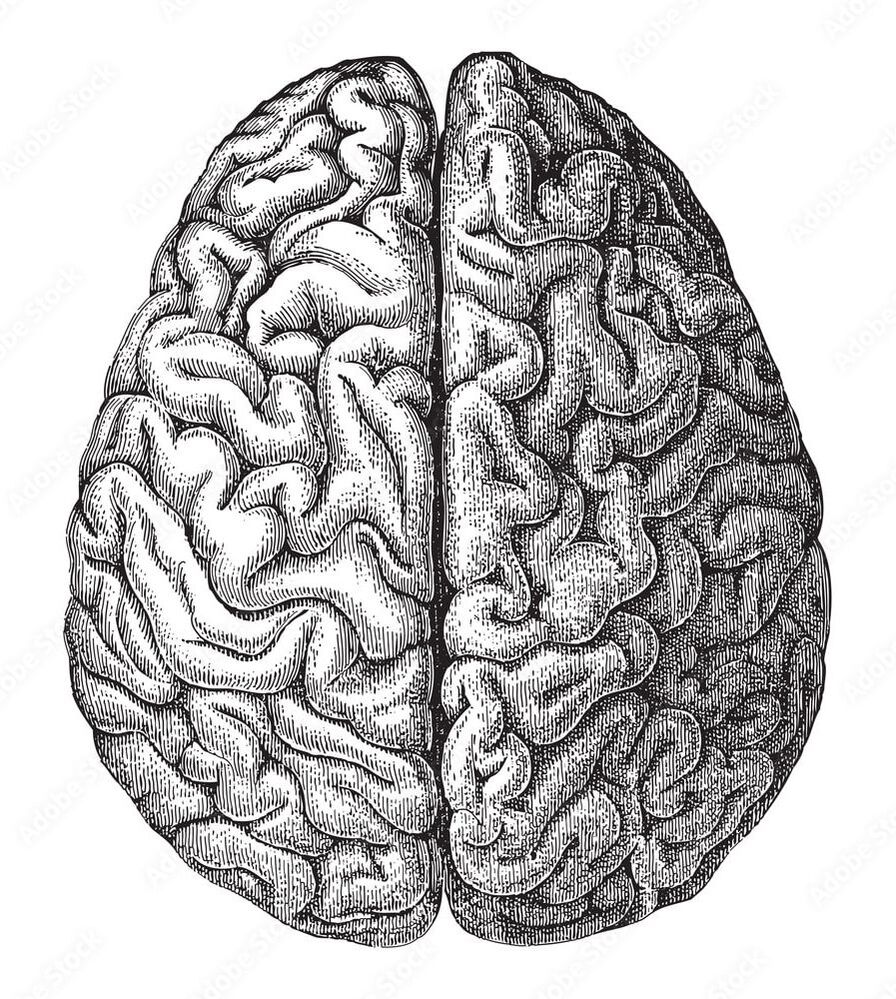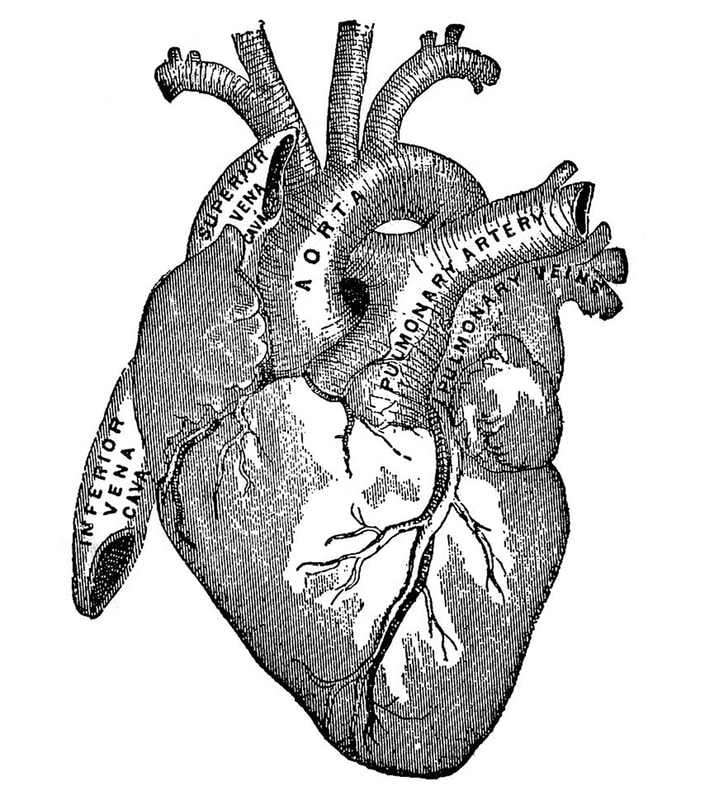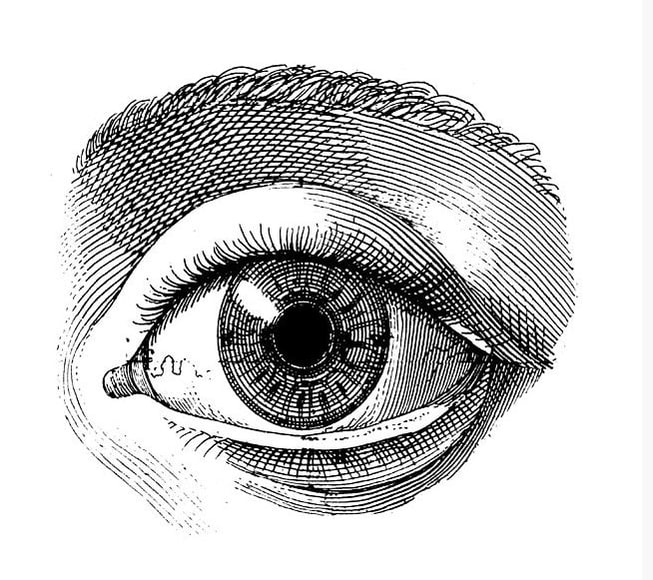ABOUT THE EDITOR:
FOR THE MIND...Eat some dark chocolate to give yourself a little treat and also to boost your mental health. It is proven to affect your health, memory, and mood.
Recipe: https://www.alphafoodie.com/how-to-make-healthy-dark-chocolate/ |
FOR THE BODY...To preserve your memory and get protein, eat more nuts and seeds. Trail mix is a great way to regularly keep nuts and seeds in your diet.
Recipe: https://www.thehealthymaven.com/how-to-build-a-healthy-trail-mix/ |
FOR THE SOUL...Eating well and making good meals for yourself is essential to taking care of your spirit, soul, and body. It shows you respect yourself.
Recipes: https://www.healthline.com/nutrition/easy-healthy-meals |
|
|
𝓛𝓪𝓽𝓮𝓼𝓽 𝓜𝓲𝓷𝓭 𝓪𝓷𝓭 𝓑𝓸𝓭𝔂 𝓝𝓮𝔀𝓼:
|
MY PERSONAL FAVORITE SUMMER ACTIVITIES
FRIEND TRIP IDEAS!Nothing solidifies friendship like being forced to travel together. Here's some ideas!
Road trip to:
More Ideas: www.tripping.com/guides/best-places-to-take-a-summer-vacation-in-utah Things to do with your friends!
|
Don't rot this summer.BY CADEN FELLOWS
ENTERTAINMENT EDITOR The school year is coming to a close, and summer is approaching quickly. Although summer is very fun, I feel kind of lost during this time. School gives me structure in life, and once it’s taken away, I don’t really know what to do. With that being said, here’s some steps to not rot this summer:
How to maintain friendships over the
|
|
BY ISABELLA SORENSON SECTION EDITOR Summer can get depressing. Days blend into one. Finding purpose and things to do in the free time can be unsettling and your hours are spent lounging and sleeping. But the sun is finally out! We’ve been waiting for it all year, so make this summer count. I personally think the best way to do that is to spend time with friends that you are comfortable around, and make every night of summer feeling alive. Friends come and friends go. But why should we lose so much to Summer? I feel as if changing of the seasons leads to changing of our lives. But shouldn’t we be allowed to keep some of the relationships we cherish? Here are some ways to keep in touch with your friends during the summer so you don’t drift away so easily. PLAN. I know we all have that friend group that just can’t keep a plan to hang out. We’ve always got separate lives that get in the way- and without school, it’s so much harder to see them. So I need you this summer to put your foot down and plan something. At an actual time and place, and to keep that plan. Communicate with each other, people. So what should you do with your friends? |
Here are some ideas:
According to Holoash.com, “Poor communication can be a major challenge in maintaining friendships. If you and your friend are not communicating effectively, it can lead to misunderstandings and conflicts, which can strain the friendship.” So don’t be scared to be the first to text and ask to hangout. Call your friends regularly, drive up to see them, make plans. It doesn’t have to be elaborate. But catching up will make this summer a little less depressing than the last. POSTED 5/13 |
Staying sane in may.
POSTED 5/9









